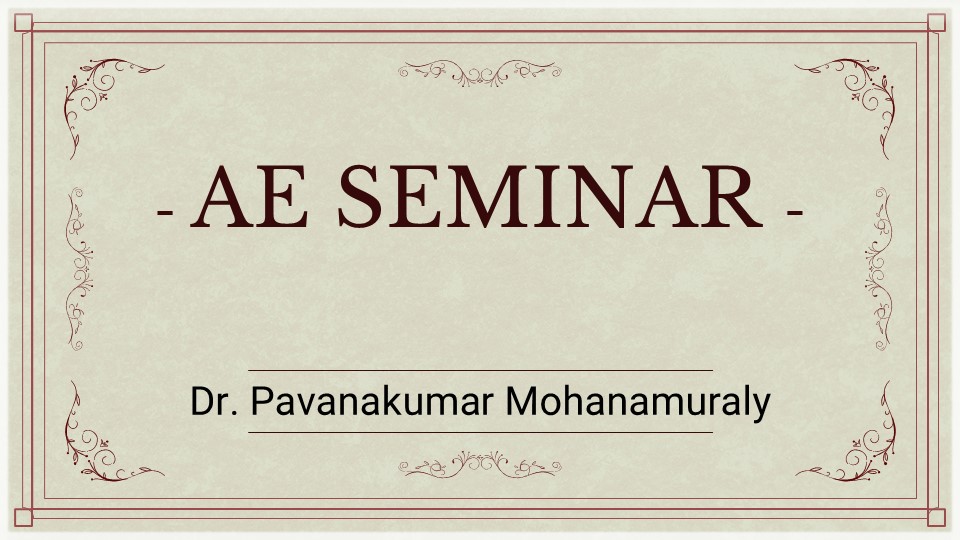
- This event has passed.
Learning stable and accurate numerical schemes for LES applications
October 24, 2024 @ 3:00 PM - 5:00 PM

Deep neural network machine learning models have demonstrated success in addressing time-dependent Partial Differential Equations (PDEs, e.g., Physics Informed Neural Networks or PINNs and mesh graph network models by Google DeepMind). Yet, these network models encounter two significant challenges:
(1) generalisation to problems beyond their training data and (2) numerical instability during long-time evolutions.
In this talk a new spectral framework based on a local error analysis is presented to design and optimize numerical methods for convection problems called Local Transfer Analysis (LTA). LTA converts traditional numerical discretisation to a network of impedance blocks where parameters can be introduced to tune the local block impedance. Such a network’s impedance can be tuned using a Deep Graph Network that predicts optimal values for the parameters that lead to matched impedance. This allows locally tuned traditional numerical schemes that do not suffer from stability problems, at the same time generalises to a widerange of problems outside of training on unstructured meshes outperforming the unoptimised scheme. Application of the framework to tune and optimise the Two-step Taylor Galerkin scheme (TTGC) used extensively in CERFACS for Combustion LES problems is presented for linear convection, inviscid Burgers’ and Euler equations on unstructured meshes.
Speaker:Dr. Pavanakumar Mohanamuraly
Biography:
Dr. Pavanakumar Mohanamuraly currently serves as a Senior Researcher at the ALGO-COOP Team, CERFACS, Toulouse, France. He has extensive experience in CAD-based Aerodynamics Shape Optimisation, adjoint sensitivity analysis, Machine Learning, and high-performance computing, and brings a wealth of knowledge and practical experience in algorithmic differentiation applied to parallel codes. He holds a PhD in Aerospace Engineering from Queen Mary University of London and an MS in Aerospace Engineering from Pennsylvania State University. His career includes
roles at Integrated Test Range, DRDO, Balasore, Honeywell Technology Solutions, Bangalore, National Aerospace Laboratories, India, Airbus Group, Bangalore. His work has significantly contributed to the advancement of computational methods in CERFACS, particularly in the areas of hybrid CFD and machine learning and parallel adaptive mesh refinement and exascale load-balancing problems.